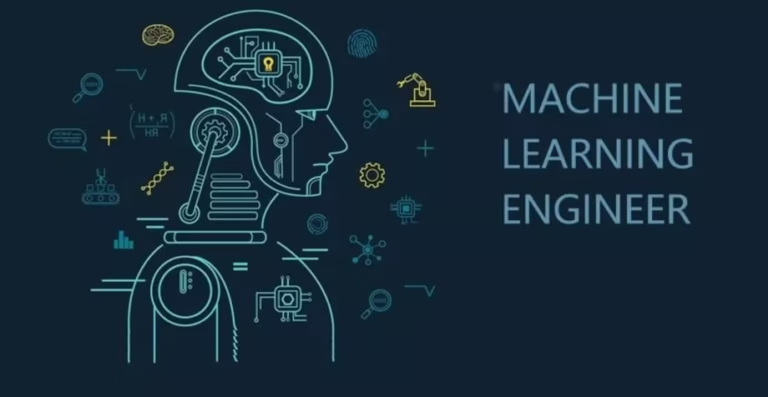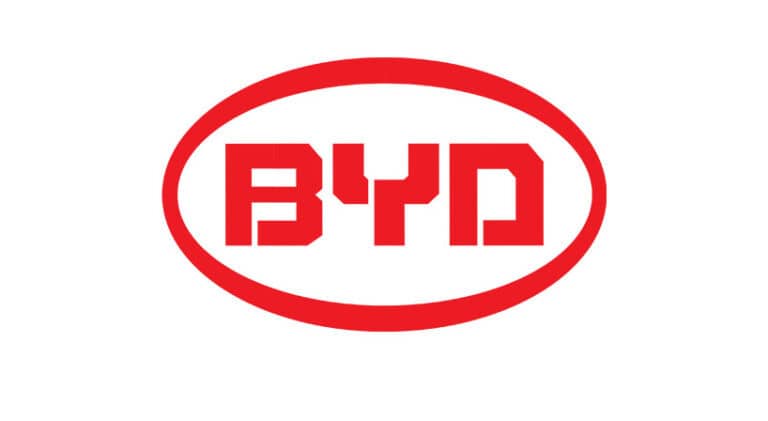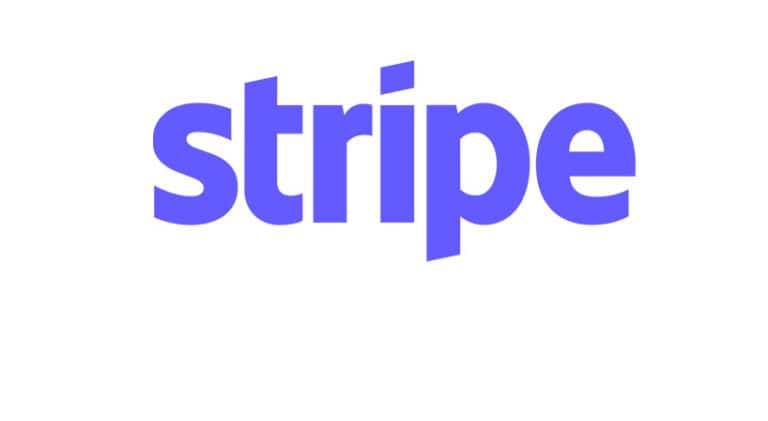1. Introduction
As a software engineer looking to break into the machine learning (ML) domain at top-tier companies like Google and OpenAI, the path may seem challenging but achievable with the right preparation and strategy. Many engineers are successfully breaking into ML engineering by building targeted skills and real-world project experience. This blog will guide you through the interview process at these companies and highlight the best methods and areas for preparation. We'll also touch on the average compensation for ML engineering roles.
2. Breaking into ML Engineering: Understanding the Interview Process
Google's Interview Process:
- Resume Screening: Your resume should highlight your software engineering experience, any ML-related projects, and relevant coursework. Make sure to emphasize problem-solving skills, programming proficiency, and any experience with ML libraries like TensorFlow or PyTorch.
- Online Assessment: This usually involves coding challenges on platforms like HackerRank or Codility. You'll be tested on data structures, algorithms, and basic ML concepts.
- Technical Phone Screen: Expect 1-2 rounds of coding interviews over the phone or via Google Meet. These interviews focus on algorithms, data structures, and sometimes ML-specific questions.
- On-site Interviews (or Virtual On-sites): This typically includes 4-5 rounds of interviews:
- Coding Interviews: Focus on data structures, algorithms, and problem-solving.
- ML System Design: Assess your ability to design and implement ML systems. You might be asked to design an end-to-end ML pipeline.
- Behavioral Interviews: Evaluate your cultural fit and collaboration skills.
- Domain-Specific Interviews: Dive deeper into ML concepts, such as neural networks, model evaluation, and statistical methods.
OpenAI's Interview Process:
- Resume Screening: Highlight your software engineering background, ML-related projects, and any contributions to open-source ML projects. Experience with AI research or publications can be a plus.
- Technical Assessment: Initial coding challenges to test your programming skills and understanding of algorithms and data structures.
- Technical Interviews: A mix of coding interviews, ML problem-solving, and system design.
- Coding Interviews: Similar to Google's focus on algorithms and data structures.
- ML-Focused Interviews: Questions about ML theory, model implementation, and practical applications.
- Research Interviews (if applicable): Discussing your past research work and potential future projects.
- Final Round:
- Project-based Interview: You might be asked to work on a mini-project or present your previous work.
- Behavioral Interviews: Similar to Google's focus on cultural fit and collaboration.
3. Best Preparation Strategies for Breaking into ML Engineering
- Strengthen Your Programming Skills: Practice coding problems on platforms like LeetCode, HackerRank, and CodeSignal. Focus on algorithms, data structures, and problem-solving techniques.
- Learn ML Fundamentals:
- Take online courses on Coursera, edX, or Udacity. Courses like Andrew Ng's "Machine Learning" on Coursera or fast.ai's deep learning courses are highly recommended.
- Study ML textbooks like "Pattern Recognition and Machine Learning" by Bishop or "Deep Learning" by Goodfellow, Bengio, and Courville.
- Work on ML Projects: Build and deploy your own ML projects. Use platforms like Kaggle to find datasets and participate in competitions. Document your projects and share them on GitHub.
- Understand ML System Design: Study how to design ML systems. Learn about data pipelines, model deployment, and scaling ML solutions. Books like "Designing Data-Intensive Applications" by Kleppmann can be helpful.
- Brush Up on Math and Statistics: Review linear algebra, calculus, probability, and statistics. These are fundamental for understanding ML algorithms and their implementations.
- Mock Interviews and Practice: Participate in mock interviews through platforms like Interviewing.io or Pramp. Get feedback and improve your performance.
4. ML Engineer Compensation: What to Expect After Breaking In
The compensation for ML engineers at Google and OpenAI is highly competitive. As of 2024:
Google:
- Base Salary: $120,000 - $160,000 per year.
- Total Compensation (including bonuses and stock options): $200,000 - $300,000+ per year.
OpenAI:
- Base Salary: $130,000 - $170,000 per year.
- Total Compensation (including bonuses and equity): $220,000 - $350,000+ per year.
Transitioning from a software engineering role to an ML engineering position at Google or OpenAI requires dedication and strategic preparation. Focus on strengthening your programming skills, mastering ML fundamentals, and gaining hands-on experience through projects and mock interviews. With perseverance and the right approach, you can successfully navigate the interview process and land a rewarding ML engineering role.
For more guidance and resources, visit Interviewnode.com, where we provide tailored support for your career transition into ML engineering.






